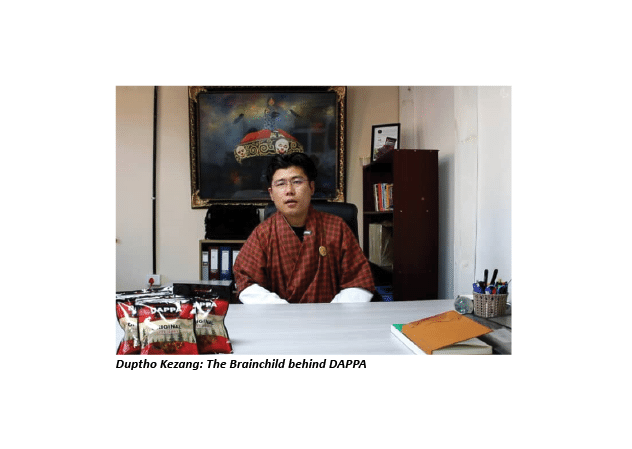True to what the Chief Advisor of the Interim Government, Chief Justice Tshering Wangchuk, emphasized during the Interim Government’s first press conference last Tuesday, political neutrality is sometimes taken so seriously that a mere conversation on and about politics becomes a taboo especially among the so-called apolitical section of our society.
This is true especially among those in the civil service. It appears as if one’s life is somehow consecrated to remaining apolitical. Why are our people in the civil service, therefore, heading for the hills when it has something to do with politics? Are we going wrong somewhere? Have we built a system where we have taped the mouths of our civil servants and curtailed their rights too?
It’s sensible that apolitical institutions must remain apolitical. However, disallowing civil servants from even attending political party conventions and meetings doesn’t make sense. While it has been reasoned that they are educated and can make informed decisions through the debates on media, but is such exclusion even constitutional?
And while our Constitution gives every individual the right to freedom of speech, expression and opinion, it’s ostensible that this right for civil servants is undermined. The Bhutan Civil Service Rules and Regulations 2012 is clear when it comes to what a civil servant can say or cannot.
Don’t civil servants have the right to their view? Does that mean that the BCSRR supersedes the provisions of the Constitution? Doesn’t the right to freedom of speech, opinion and expression apply to civil servants? It must then also be clearly articulated, therefore, to whom the constitutional provision of the right to this freedom applies. Before being civil servants, it’s also worthwhile to consider that they are citizens first and that they have their rights too. And can RCSC, therefore, take away rights of a citizen?
It’s important, therefore, to fix the inconsistency in the laws, if any, besides ensuring increased participation in politics. Civil servants must be encouraged to play a good role not just in bureaucracy, but in democracy as well. We need not look around arduously for examples where democracies have failed even in advanced countries because of people’s apathy and indifferences. We cannot allow such negativity discourage public participation in politics. In many advanced democracies, people’s indifference has translated to low voter turnouts and this is extremely unhealthy for a democracy like ours.
A strong bureaucracy is unquestionably an important component of democracy. A congenial environment is necessary if we are both serious about deepening bureaucracy and democracy, for which there is an inevitable need for active participation of our civil servants too.
And let’s face it, the civil servants are an influential voter group. They can sway the election results to a large extent. That’s why all political parties are working on promises and pledges to please the civil servants. If that is not politics, what is?












